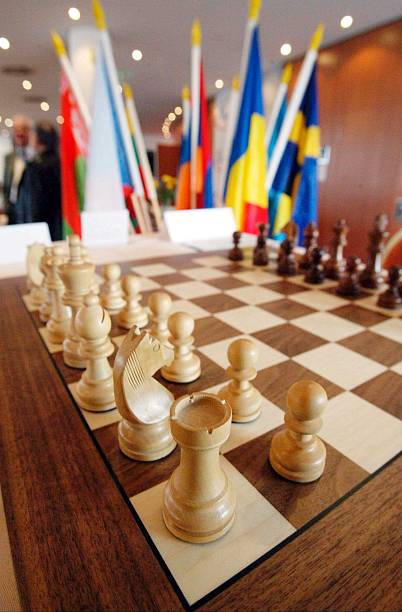There’s an old saying: those who do not learn from history are doomed to repeat it. Today, Africa finds itself at the centre of a new global power game—one that feels all too familiar. On one side, China, with its vast infrastructure projects and long-term economic strategies. On the other, the West, with its mix of development aid, trade agreements, and growing concerns about losing influence. And in the middle, as always, are African nations, navigating the moves of global powers on a board that rarely seems designed for their benefit.
The question we must ask is simple: is this a new chapter, or just a rewritten page of an old book?
China’s Strategy: Build, Invest, Influence
Over the past two decades, China has invested billions across Africa. Roads, bridges, railways, and ports—much of the continent’s recent infrastructure boom has a “Made in China” label. On paper, it looks like partnership. But critics warn of hidden costs: debt traps, loss of sovereignty, and deals made behind closed doors.
Still, many African leaders welcome China’s approach. It’s fast, often unconditional, and focuses on tangible development. In contrast, Western aid has often been tied to complex terms, lectures on governance, and little real action.
The West’s Response: Playing Catch-Up?
Now, the West appears to be waking up. The EU, UK, and USA are pushing for new partnerships and promising a more “ethical” approach. But many Africans remember colonialism, resource extraction, and years of underinvestment. Trust is thin, and promises of “doing better” ring hollow without proof.
Is the West truly interested in Africa’s development—or just worried about losing the game to China?
Africa Is Not a Pawn
What often gets lost in this global contest is the voice of Africa itself. Fifty-four nations, each with their own dreams, leaders, and people. They are not passive players. From Nairobi to Lagos, leaders are making strategic choices. Some favour China. Others look West. Many want both, but on their own terms.
Africa wants partners, not patrons. Investment, not interference. Collaboration, not control.
Learning From the Past
The colonial era saw Africa carved up by European powers chasing resources and influence. Today, there’s a risk of the same thing happening—just with new actors and shinier slogans.
If history is to teach us anything, it’s that Africa must be allowed to lead its own development. The world should support, not dictate. Listen, not lecture.
The great game of global influence is being played again, but the rules must change. Africa should not be the chessboard—it should be a player.
Let’s hope this time, we all play smarter. Not just for influence, but for shared progress.
The world is watching. The lessons of history are clear. Are we finally ready to learn?





